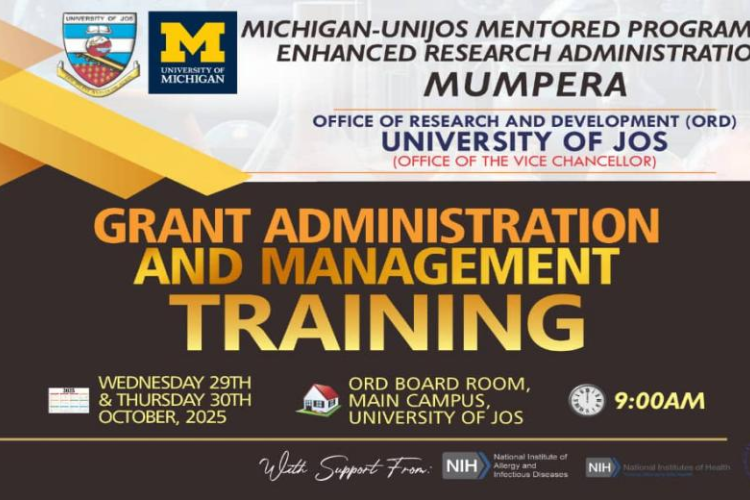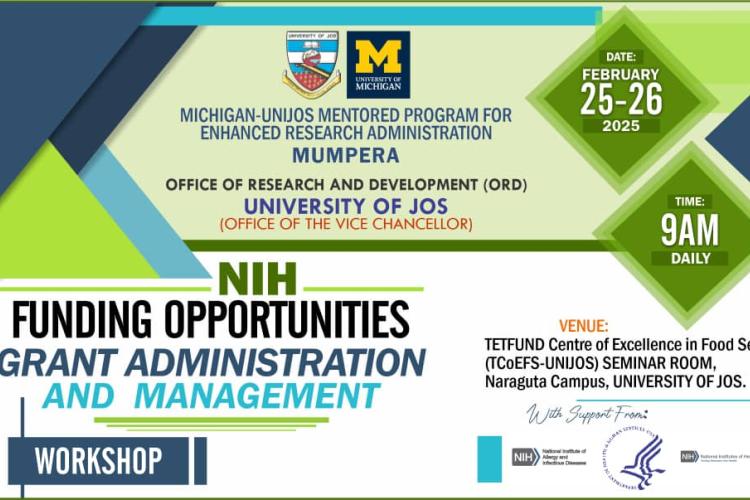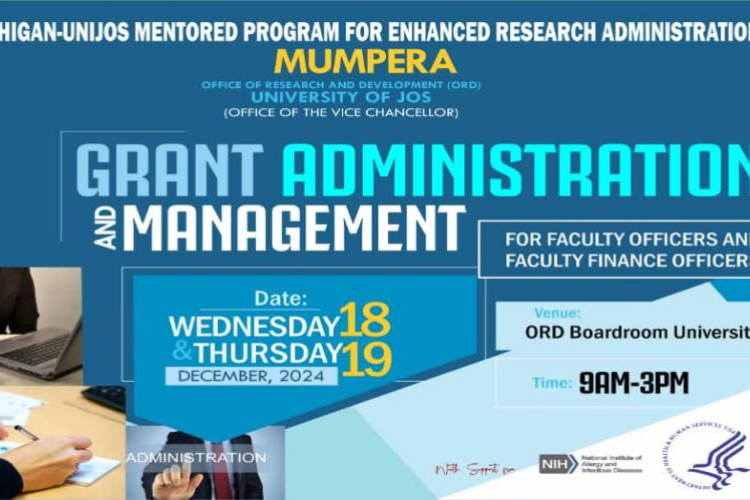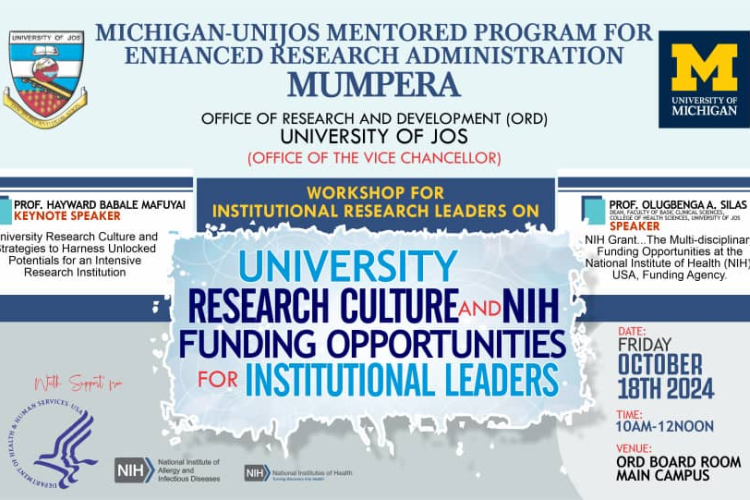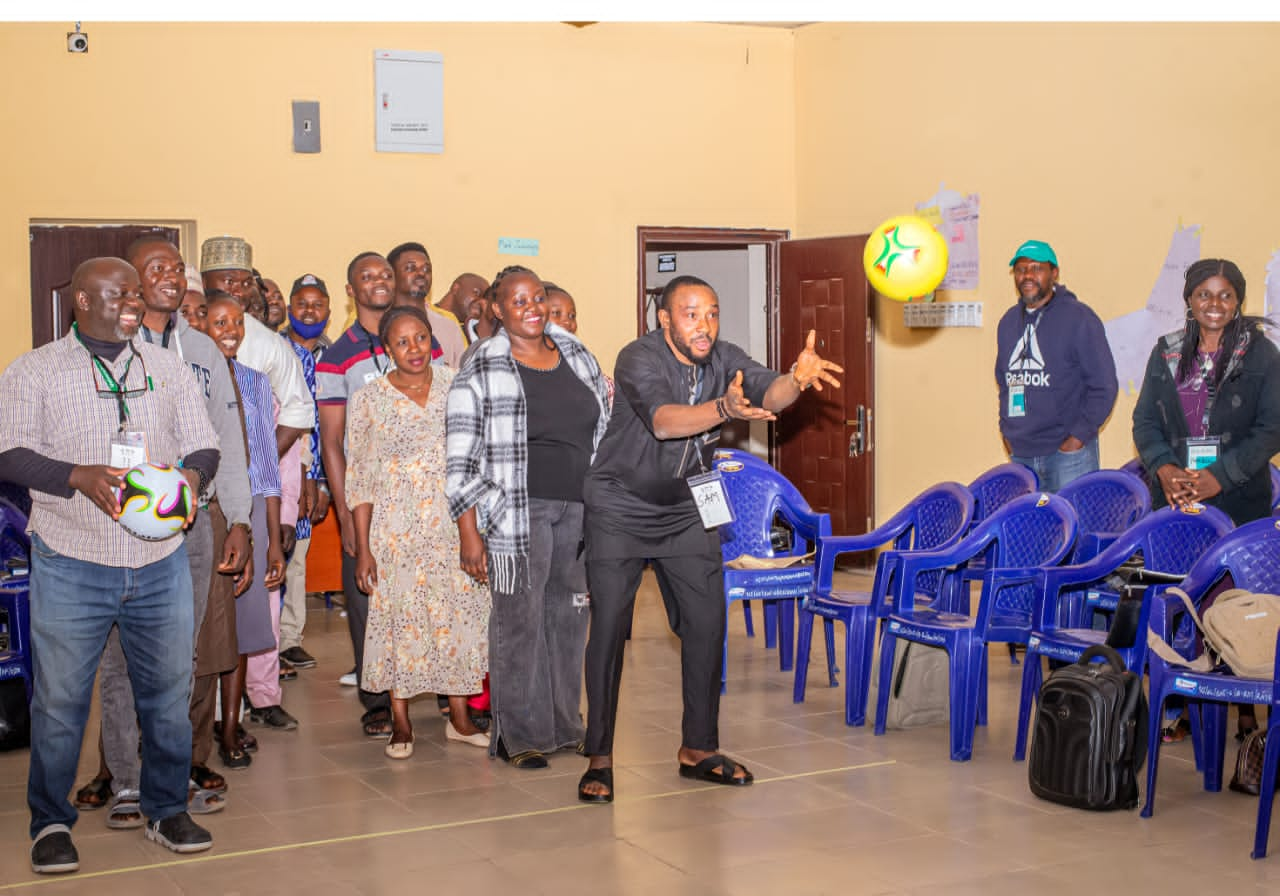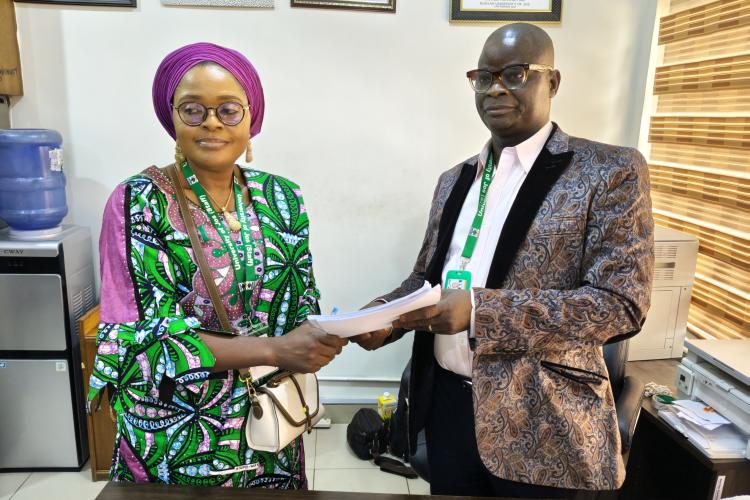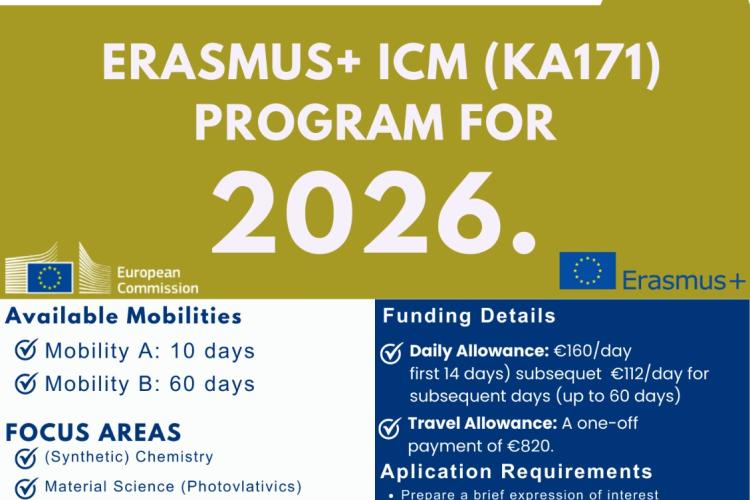UNITS
The Department is made up of many units through which the undergraduate and postgraduate students pass in the process of their training, as follows:
i. Clinical Epidemiology
ii. Biostatics, Medical Informatics, Monitoring and Evaluation
iii. Social and Rehabilitative Medicine
iv. Primary Healthcare and Primary Medical Care
v. Environmental and Occupational Health
vi. Public Health Nutrition and International Health
vii. Reproductive and Family Health including gender studies
viii. Health service management and Administration
PROGRAMMES AND THEIR ACCEDITATION STATUS
The Department has the MBBS undergraduate programme for which it lectures students from 200 – 600 levels. The programme is fully accredited by the National Universities Commission and the medical and dental association of Nigeria
It also has there three Masters Programmes started in the department in 2016. They are
i. Masters in Public Health (MPH)
ii. Masters of Field Epidemiology (MFE)
iii. Masters in Clinical Epidemiology (MCE)
The Department has graduated the first five sets of the masters programme.



